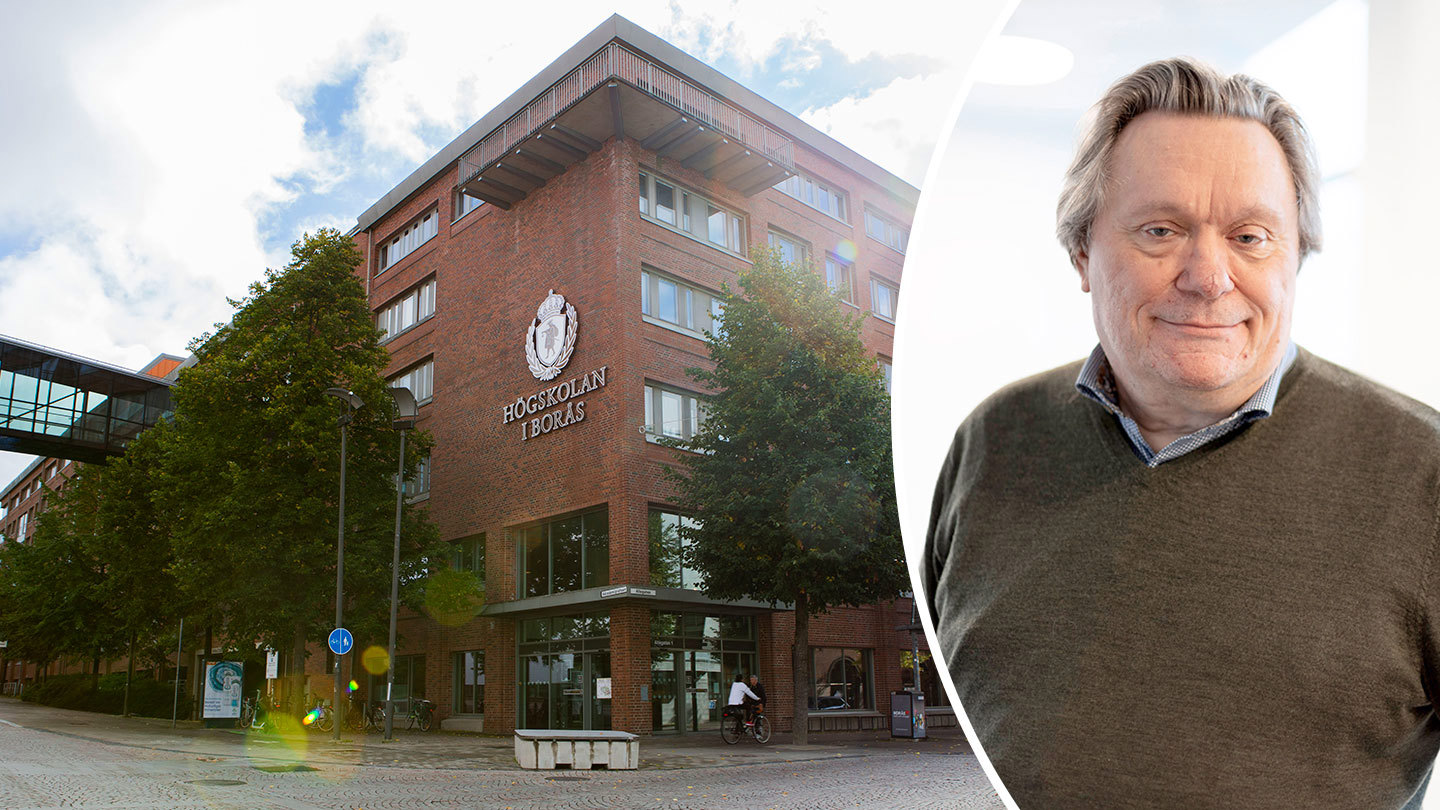New research area representative for Resource Recovery
2025-02-20

How do you see your role as a research area representative?
“I will represent all Resource Recovery researchers and speak for who we are and what we do. My job is to make sure that our research stays within the field with the best research teams with the best skills and to review our research infrastructure, such as the labs. Furthermore, I will drive the development of the research area forward both within the university's research activities and externally.”
Can you give examples of plans to develop the area?
“Collaboration with the textile sector is very important, given the profile of the university. In addition, it is important to support our doctoral students during their research training, and also to encourage them to apply for postdoctoral positions at other universities, as this is a prerequisite for developing themselves as researchers in academia. It is important to network and work in a different research environment from the one where one’s doctoral education was carried out. I would also like to initiate a discussion on the strategic equipment investments needed for our labs. The research in Resource Recovery is well established and has a very good scientific basis, so in other regards we will continue as before.”
How do you see the collaboration with the researchers in Resource Recovery?
“With my background from industry and research institutes and my broad academic network, I am well placed to support our researchers. One wish is for our junior researchers to contact me if they need advice, to discuss, for example, research applications, etc. It is important to have an open dialogue with what researchers in the field want to do. But it is also important that we have a good dialogue with the other research areas at the university, especially those in the Faculty of Textiles, Engineering and Business.”
What's coming up next for you?
“I have two tasks on the table right now: to develop a strategic plan for Resource Recovery before the summer and to plan the operational budget for the area including the doctoral education programme.”
Mikael Skrifvars
Mikael Skrifvars, Professor of Polymer Technology, became research area representative on 1 February.
He started his research career in 1986 at the Neste Chemicals company in Finland, while doing his MSc thesis project organic chemistry. In 2000, he received his doctorate in the field of polymer chemistry from the University of Helsinki with a thesis on the synthesis of thermosets. This research was carried out alongside his employment in the industry. After his doctorate, he worked for three years at the SICOMP research institute in Piteå, which is now part of RISE Research Institutes of Sweden. In 2003, he became a Professor of Polymer Technology at the University of Borås and started building the research environment for the research group in polymer technology. This was also a significant contribution to the development of the research area of Resource Recovery and led to the university’s gaining rights to grant doctorates in this area in 2010. He is also an associate professor at the University of Tampere, the University of Oulu and Åbo Akademi University in Finland.
Read more
Solveig Klug
Ida Danell

